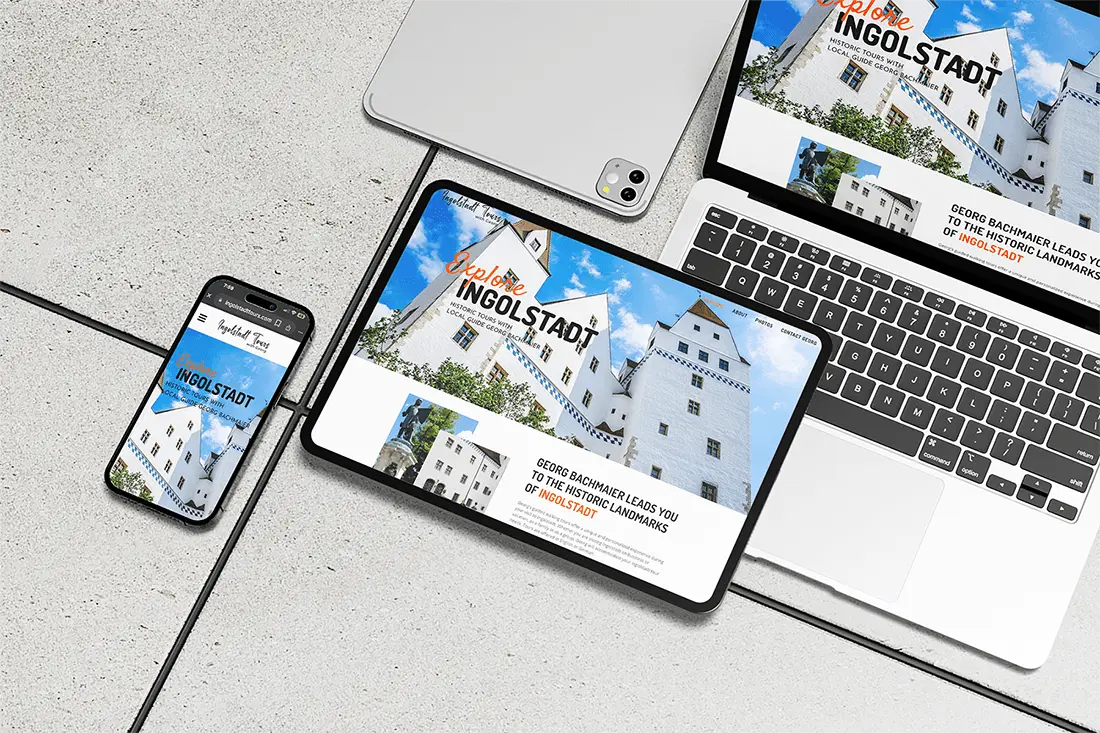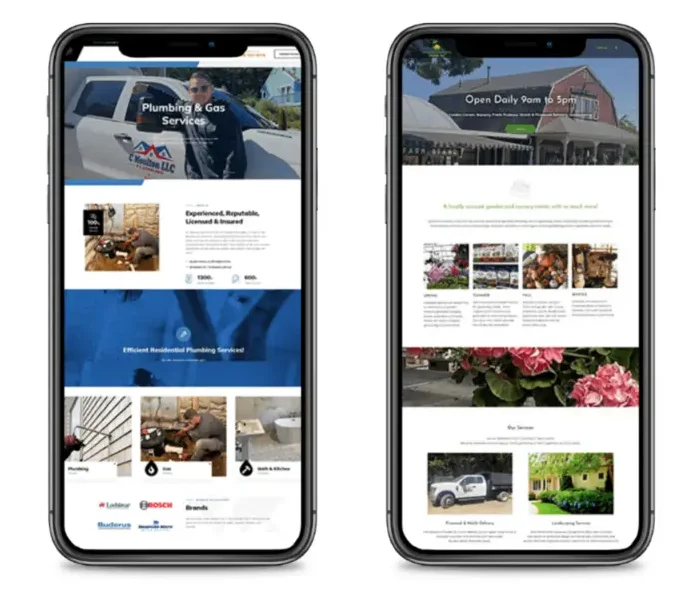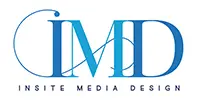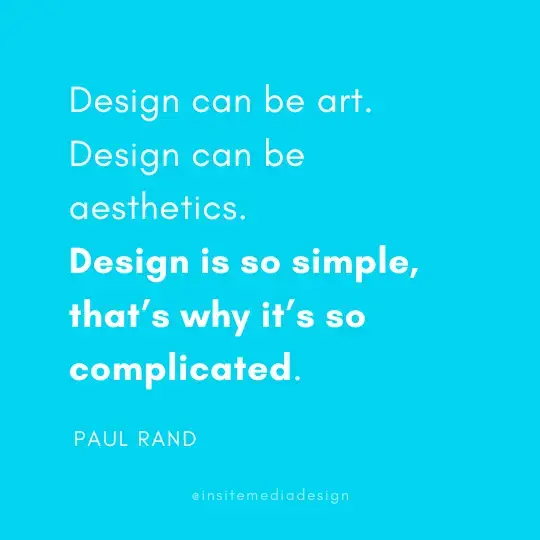Is a One Page Website a Good Fit for Your Business?

When you’re just starting out, building an online presence can seem overwhelming. But for startups with limited content, a one-page website can be the perfect solution. Simple, affordable, and designed for streamlined user engagement, one-page websites remove clutter and guide users directly to your goal—whether it’s booking a tour, filling out a contact form, or downloading an e-book. Read on to learn the benefits and what to consider if you’re thinking about having a one-page website for your business.
Benefits of A One-Page Website
1. Cost-Effective
With fewer pages to design and develop, one-page websites are more affordable than traditional multi-page sites, making them perfect for businesses on a tight budget.2. Streamlined User Experience
By guiding visitors through a linear flow, these websites ensure users don’t get lost or distracted. Every section has a purpose, leading seamlessly to the call-to-action (CTA).3. Fast and Responsive
Without multiple pages to load, one-page websites offer quicker load times and a smoother browsing experience.4. Clutter-Free Design
A single-page format encourages concise, focused messaging, which helps visitors quickly grasp your offerings.5. Higher Conversion Rates
With one primary action to take—whether it’s filling out a contact form or booking a service—users are more likely to convert. Studies show single-page websites can achieve conversion rates up to 37.5% higher than multi-page sites.
Key Factors to Consider for a One-Page Website
1. Your Business Goals
If your business has a simple goal, such as promoting a single product or service, a one-page website may be sufficient. However, if your business has multiple goals or offers a range of products or services, a multi-page website may be more appropriate.
2. Your Target Audience
Consider the preferences and behaviors of your target audience. If they prefer quick and easy access to information, a one-page website may be more effective. However, if they prefer more detailed information or are looking for specific products or services, a multi-page website may be more suitable.
3. Your Content
If you have a limited amount of content, a one-page website may be a good option. However, if you have a lot of content, a multi-page website may be necessary to organize and present it effectively.
4. Your Budget
One-page websites are generally less expensive to design and develop than multi-page websites. If you have a limited budget, a one-page website may be a more cost-effective option.




